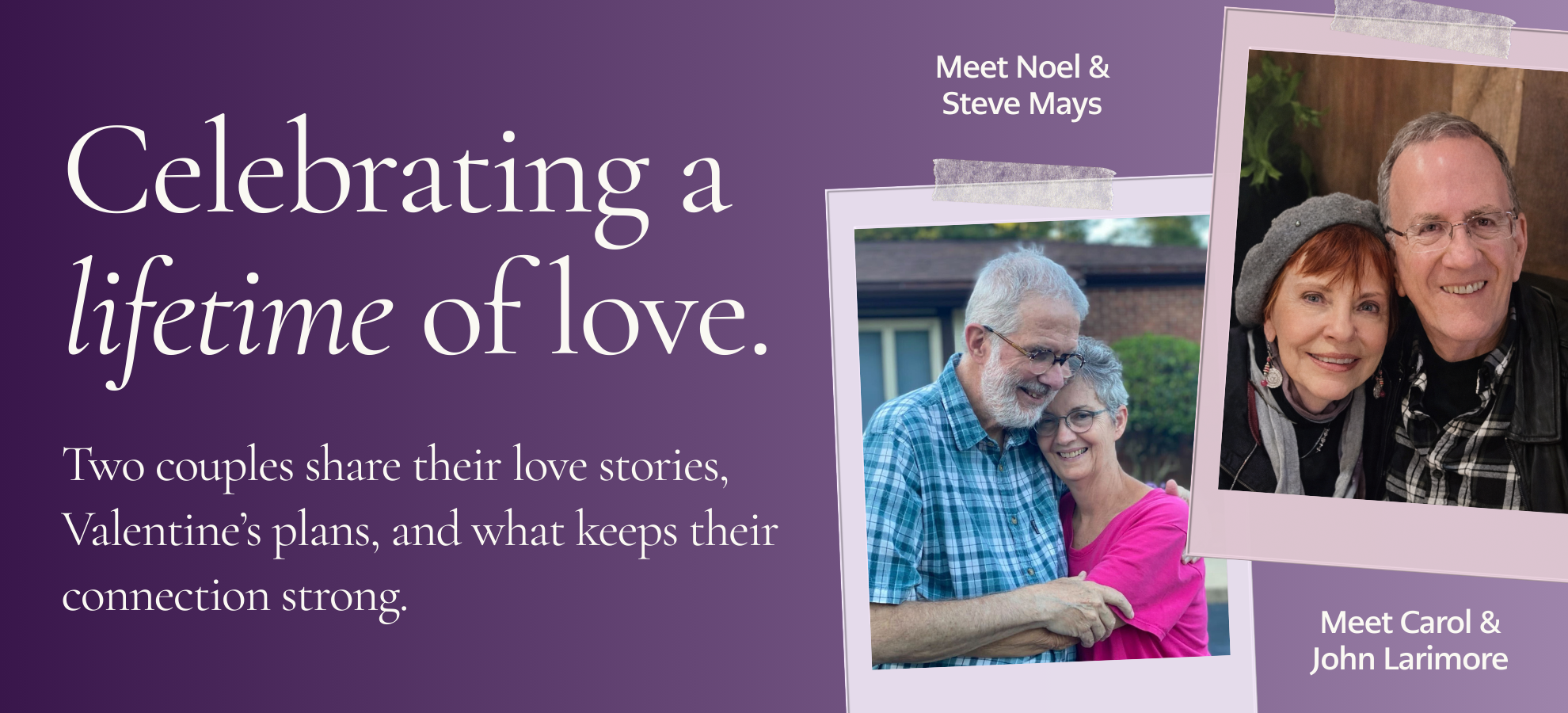When my mom began showing signs of memory loss, we did what most families do: we tried to hold everything together ourselves.
My dad, always the steady one, became her primary caregiver. He built his days and his nights around her needs. He was meticulous, patient, and determined to give her as much normalcy as possible. And in many ways, he succeeded. My mom had structure, safety, and familiarity. But behind the scenes, our family was struggling.
I have two older sisters—one in California, the other in Belgium. The distance made everything harder. We all love my mom deeply, but when it came to decisions about her care, we had trouble agreeing on the next steps. Each of us had different perspectives, different fears, and different ideas of what was best.
And then there was me… the baby of the family. The one who lives nearby. The one who works in eldercare.
Professionally, I’m used to guiding families through this exact journey. I know how to assess needs, weigh options, and support next steps. But when it’s your mom… it just hits different.
I wasn’t just a professional in this I was a daughter. And I needed help too.
That’s when we found Arosa.
We didn’t need someone to provide hands-on care. What we needed was a partner. Someone to help us understand our options, navigate the guilt, and, maybe most importantly, preserve the routines that gave my mom a sense of calm and identity.
Our Care Manager didn’t just listen to us—she heard us.
She walked through our home and helped document the small rituals that mattered: my mom’s strong sense of modesty, her sensitivity to cold temperatures while transitioning in and out of the shower, the exact way she liked her coffee, and the pillow she needed in her chair to keep her back from hurting. These weren’t just preferences—they were lifelines. And our Care Manager made sure those details didn’t just stay behind in our house. She carried them forward into every next step—into conversations with home health, into the transition to memory care, and into the relationships with her new care team.
When it became clear that moving to a memory care community was necessary—for my mom’s safety and my dad’s health—our Care Manager helped us find the right place. She asked the hard questions, kept my sisters informed across time zones, and made sure every decision reflected not only clinical needs, but who my mom is as a person.
She was our sounding board. Our advocate. And in many ways, our bridge between the past we cherished and the future we were scared to face.
Because of that support, the transition wasn’t perfect, but it was thoughtful. It was rooted in love, and in the power of routine.
My mom settled more quickly than we expected. The staff understood her daily preferences, because someone had taken the time to document and share them. My dad could breathe again—he could step back from the exhaustion and focus on just being with her. And I, for the first time in a long time, got to be just a daughter again.
Routine is powerful. Not just for the person living with dementia—but for everyone who loves them.
And having someone who understands that—who truly sees the human side of aging and change—makes all the difference. That’s what Arosa gave us. And I’ll be forever grateful.


Written by Lauren De Young
Director of Marketing & Business Development at Arosa
Lauren has worked in the elder care field for over a decade, with experience spanning home care leadership, hospice education, and Care Management. She also served as an enrollment specialist with a nonprofit PACE (Program of All-Inclusive Care for the Elderly) program, helping marginalized older adults navigate complex care systems with dignity and compassion.
With a degree in medical anthropology, Lauren brings a unique perspective to her work—one that recognizes care as both clinical and deeply human. Her academic background helps her connect agencies, bridge communication gaps, and support more collaborative, culturally informed models of care.
Lauren’s journey with Arosa began personally, when she sought Care Management support for her mother, who lives with dementia. The experience inspired her to join the Arosa team, driven by a deep belief in the organization’s mission and values. Today, she’s proud to help build partnerships that improve the aging experience for families and professionals alike.



